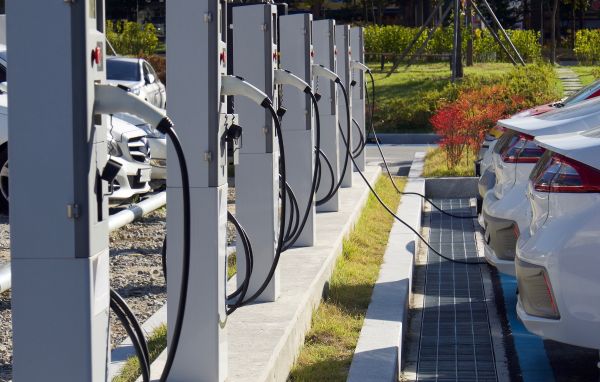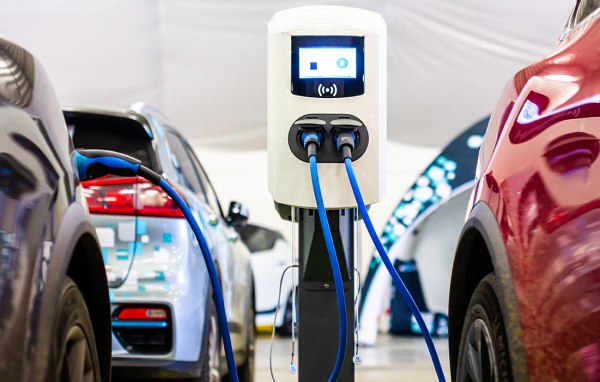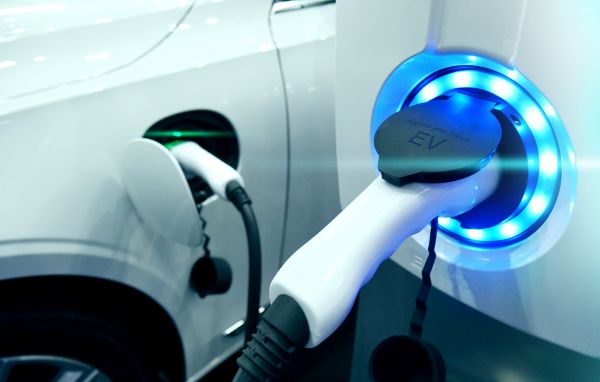The role of the charging cable with the electric vehicle market
With the expected rise in electric vehicle (EV) use comes the need for sophisticated charging infrastructures. Gain insights into the growth of a sustainable charging market for EVs, enhancing manufacturer and end user knowledge of the role of the charging cable within this exciting industry.
The market
The EV market is considered to be a dynamic one, affected by developments in technology, government policy, as well as public and media attitudes. Most industry experts will agree that sustainable levels of growth are needed for a reliable charging infrastructure to meet the demand for increased EVs on the road.
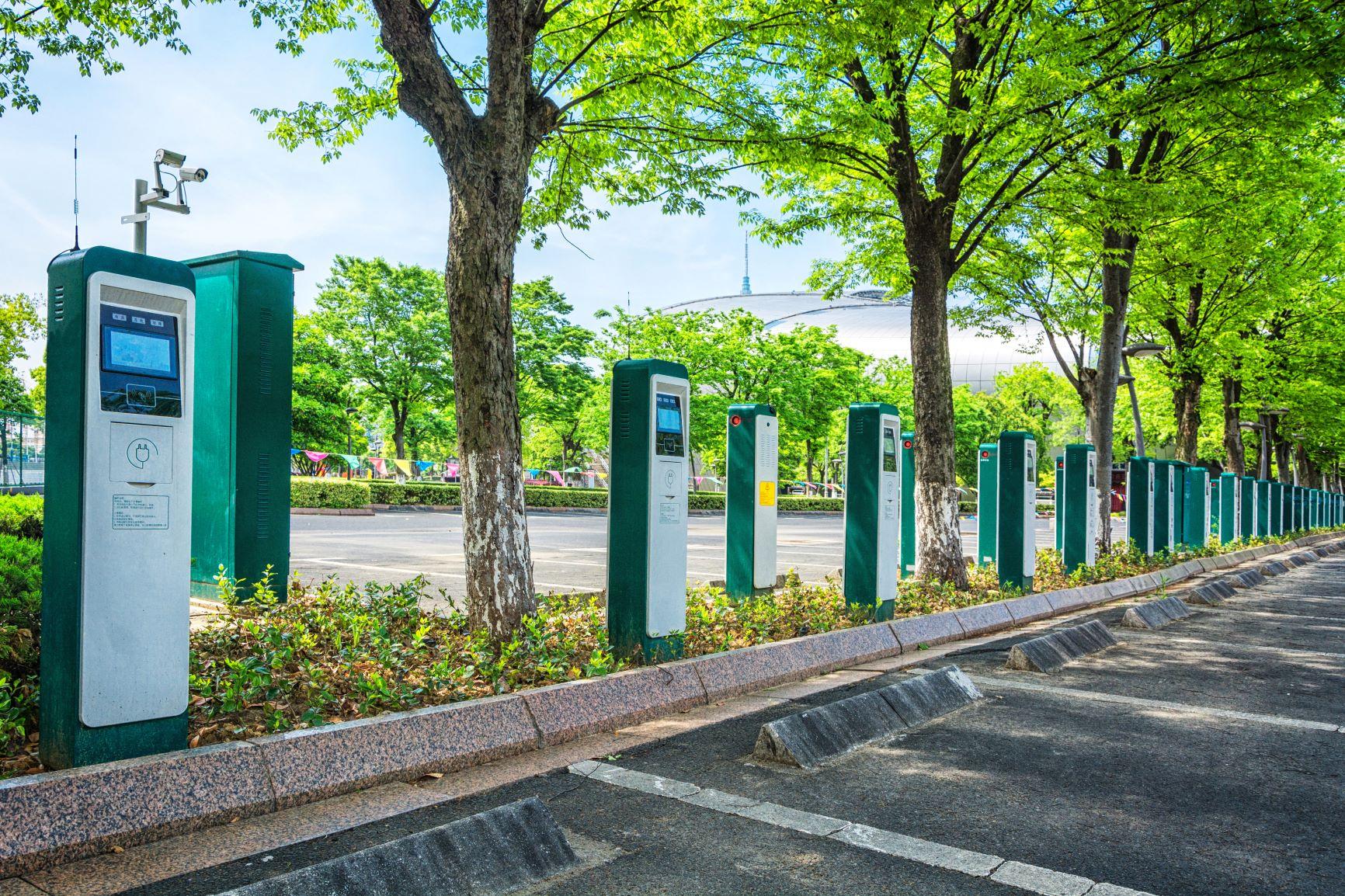
Governments worldwide are taking unprecedented steps to transform the nature of the vehicles driven on roads and their impacts on the environment. In the coming decade, it is likely that EVs will move towards mainstream status.
Many cable standards have been developed over the last few years and a level of standardisation is emerging within the industry, however, there are cables being produced outside of agreed standards and certification. It is important that the industry responds effectively to, and benefits from approved products to help provide stability in order to maintain confidence levels for EV end users.
Access to efficient charging is undeniably one of the biggest roadblocks to EV uptake, with public charging only being used for about 5% of charging events with the vast majority of EV charging happens at home or work due to the lack of availability, and reliability in public charging points. Consumers rank unreliable charging as the third most serious barrier to an EV purchase, behind price and driving range. More than 350 EV models are expected to be on the roads by 2025 with ranges of up to 200 miles on a full charge, the vehicles themselves are no longer the main hurdle. Instead, the lack of charging infrastructure has become an obstacle.
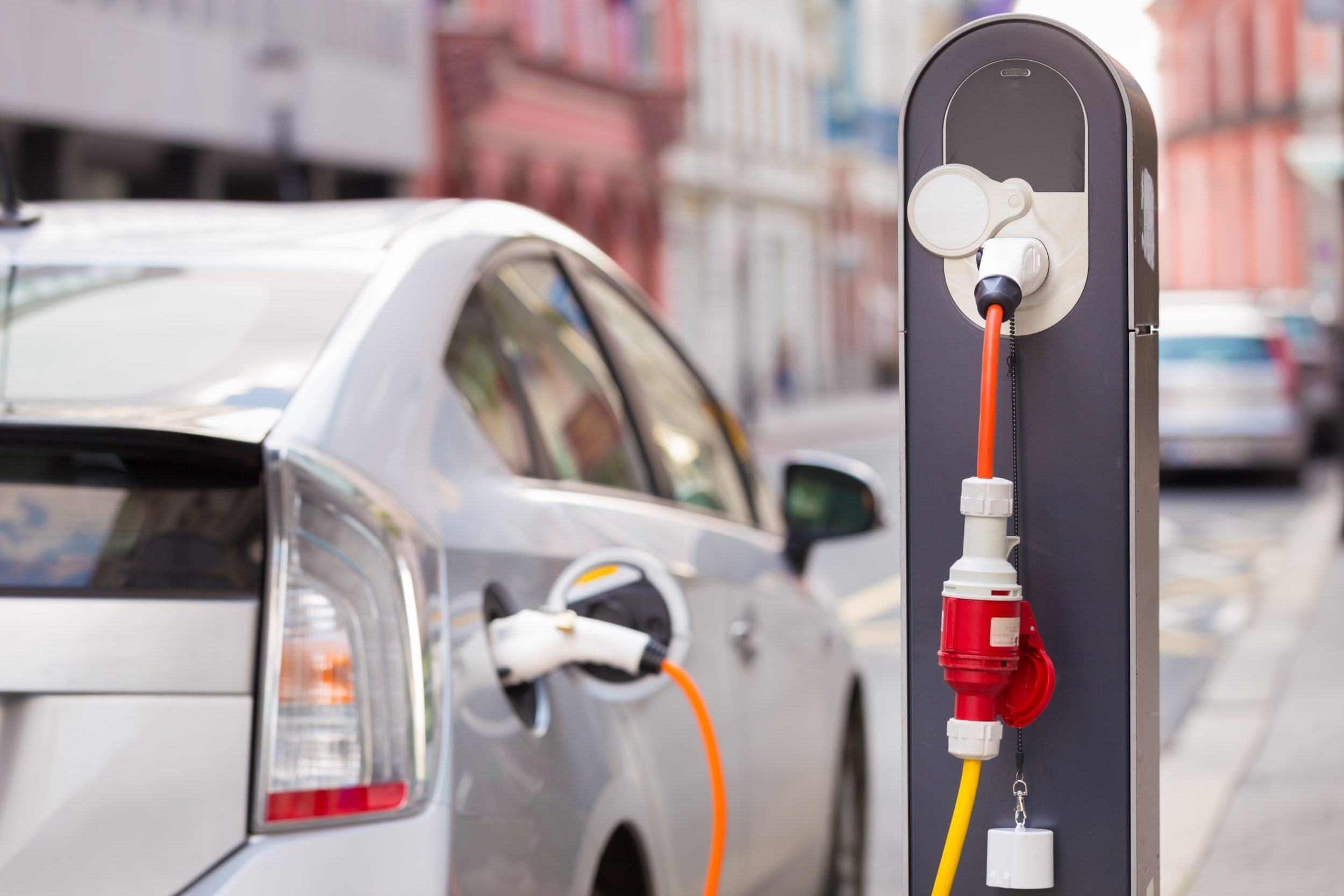
The rapidly growing EV market requires a corresponding charging infrastructure for drivers to readily charge at home, at depots, or in public spaces.
EV charging point configuration
Electric vehicle charging points (EVCP) safely and conveniently connect EVs to the electric mains supply by one of the following methods:
- Alternating current (AC), is supplied to the vehicle, equipment within the vehicle then converts this current to direct current (DC) which in turn charges the battery
- Direct current, which supplied directly to the vehicle
Depending on the make and model of the vehicle will determine the charging infrastructure needs and which method to be used. Both methods need to be compatible with four different charging modes defined by BS EN 61851-1 standard
- Mode 1 - non-dedicated socket outlet connected to a non-specialised infrastructure, for example, an existing household plug socket, using a cable with no control equipment.
- Mode 2 - non-dedicated socket outlet, which includes an ‘in cable' control and protection function because charging power will often be limited by the vehicle’s protocols.
- Mode 3 - dedicated EV charging system, outlet with control, communications and protection functions incorporated into the charging point itself, with “smart” charging potential.
- Mode 4 - dedicated EV charging system with a dedicated outlet, typically used for heavy equipment and vehicles that demand high charge current
The above modes are all accommodated in the two EV charging cable standards in an attempt of the regulatory bodies to safeguard electric vehicle infrastructures. These are:
- EN 50620
- IEC 62893
Smart charging
Smart charging is when the rate of charge to the vehicle can be dictated by external events, and the EV effectively integrates with the whole power system in a grid. Smart meters provide the best opportunity to utilise off peak, low carbon electricity to charge the vehicle.
The provision of charge points has many wider ranging implications than simply charging the vehicle. Systems must be safe, reliable, and become an integrated part of the energy grid which will have complex demands placed on it. An effective EV charging network requires integrated charging equipment, including both communications and cables. For a sufficient charging infrastructure, connectivity is key to monitoring and capturing data known as smart charging.
As the EV population grows this will become more and more important in order to avoid stresses on the energy network. In order for an EV to effectively benefit from smart charging, a charging cable needs to deliver both data and power to and from the vehicle. Both mode 3 and 4 cables accommodate smart charging with a dedicated outlet to collect and deliver data.
Safe charging and testing solutions
More people are opting for an EV and so it is important for charging infrastructure owners to consider the safety implications that come with this.
As cable now requires both power and data capabilities, cables need to efficiently transmit data, whilst being able to deliver a fast charging current and withstand external environmental factors, such as temperature, which could compromise the performance of the charge.
Third party cable testing ensures that charging cables meets either EN 50620 or the IEC 62893 series by being put to through several tests to simulate scenarios that a charging cable will go through. For example:
- Pressure testing - to measure performance as the cable is heated to determine any softening or changes to the insulation or sheath
- Electrical testing - to measure performance from both a transmission and safety perspective, as higher resistance is common in faster charging modes
- Water immersion testing - to ensure cables are water resistant because EV charging cables in outdoor environments are likely to be exposed to rain or weathering
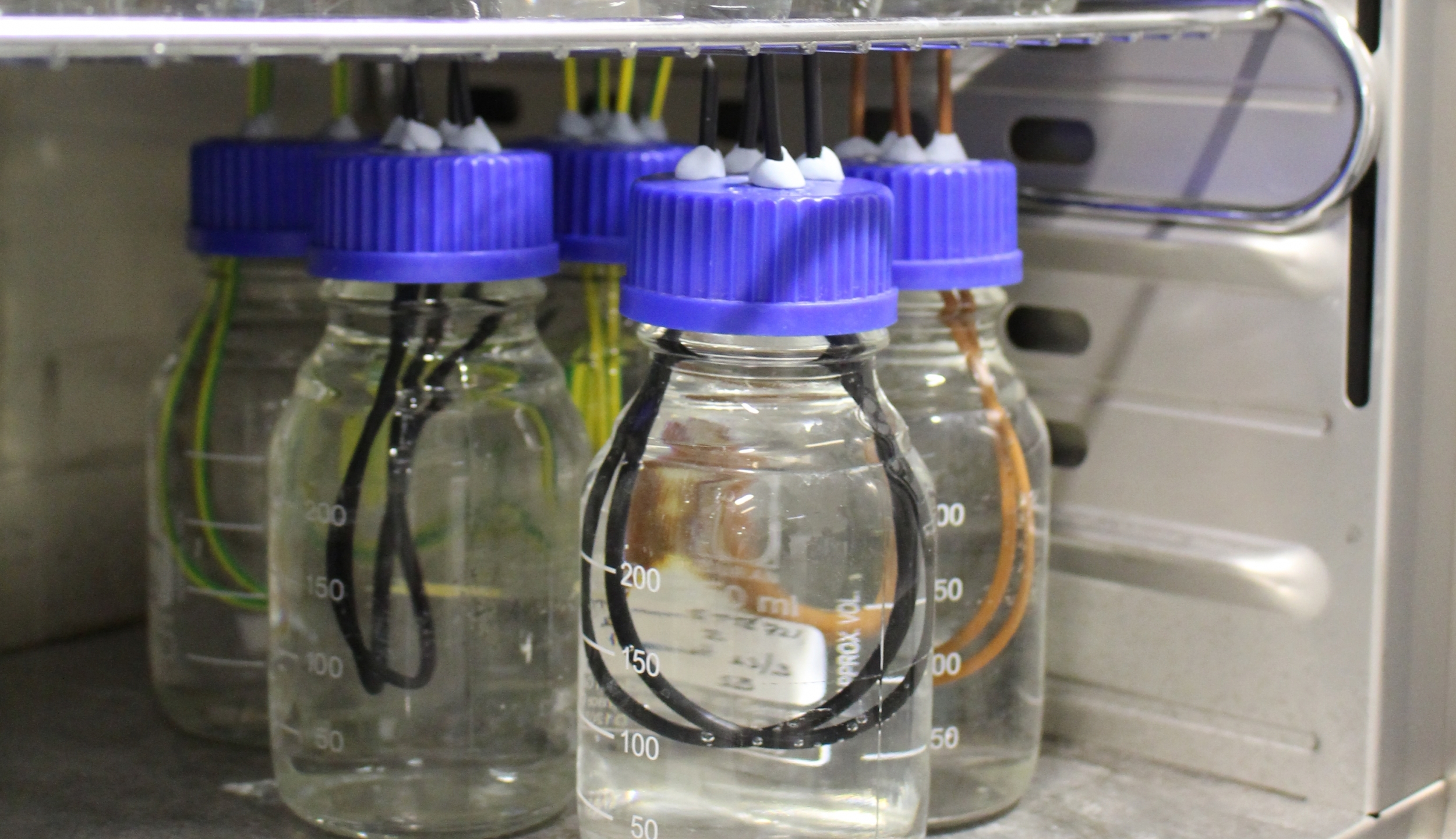
Water immersion test within a third party testing lab
The role of the charging cables must be globally recognised as electrification in the market increases, diversification from traditional energy sources continues, and demand for reliable charging infrastructures grows. Third party testing and certification of charging cables ensures any approved cables are of high quality, safe, and can accommodate charging speed requirements.
Contact BASEC’s team of experts to learn more about EV charging cable approvals


